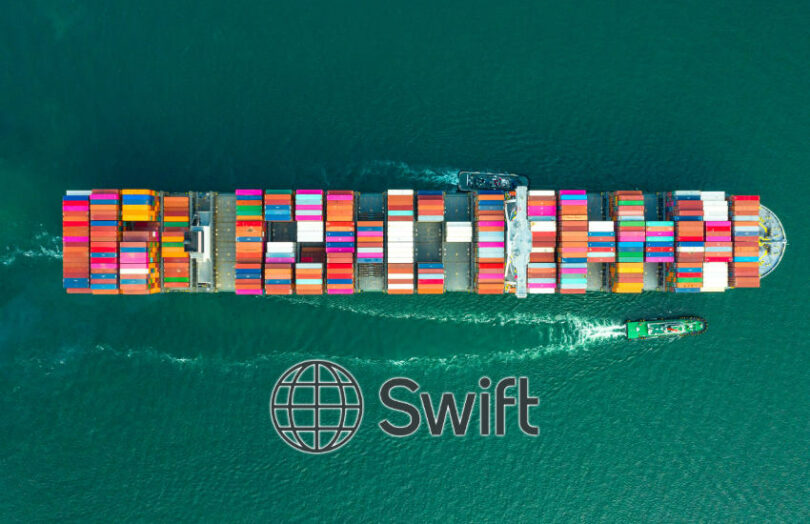Yesterday Swift announced it completed a second Proof of Concept (PoC) to enable interoperability between siloed electronic bill of lading (eBL) solutions. BNY Mellon and Deutsche Bank participated in the trials that involved four blockchain-based eBL platforms.
Bills of lading are critical documents in trade as they represent ownership of cargo in transit. Currently, almost 98% of the 45 million bills of lading and waybills are still paper based. McKinsey previously estimated that digitizing bills of lading could result in $6.5 billion in direct savings and contribute to $30-$40 billion in global trade growth. Paper documents are also prone to forgery. Hence, using eBL with digital signatures can also reduce fraud.
Several shipping trade bodies and organizations, including Swift, are part of the FIT Alliance. Its goal is to encourage the adoption of electronic bills of lading (eBLs). So far more than 90 organizations have made commitments. For example, nine of the ten largest container shipping carriers committed to adopting eBL for half of their cargo within five years and 100% in ten. The bulk cargo association BIMCO has a 25% by 2025 moto.
Swift’s eBL interoperability solution
One of the challenges is the nine different eBL solutions which are not interoperable. Bills of lading are also critical documents in trade finance, so banks need to be able to receive them electronically and transfer them. To do so with nine separate platforms, a bank or anyone in the supply chain would need multiple eBL integrations.
Swift is proposing that banks use their existing Swift connections and adopt a single API, which will enable the transfer of bills of lading between different players in the supply chain.
“There is potential for banks to reuse their Swift infrastructure to reduce the time, and most importantly the costs, associated with document exchange,” said Joon Kim, Global Head of Trade Finance at BNY Mellon.
In May Swift conducted the first eBL trial involving CargoX and edoxOnline. This latest PoC expanded to include WaveBL and TradeGo, as well as the two banks. While one can’t expect local logistics firms to connect to a Swift API, they could connect indirectly via banks, trade platforms, eBL providers or logistics apps.
At this stage the Swift interoperability solution is not production grade. Hence, Swift wants to engage with industry to explore developing it further and taking it to market.
Swift’s offering may be a technical solution, but there’s also the need for regulatory interoperability. For example, the UK’s Electronic Trade Documents Act came into force in September, giving electronic documents equivalent legal recognition.
Apart from trade, Swift is also exploring interoperability solutions for central bank digital currencies (CBDCs) and tokenization or real world asset platforms.






